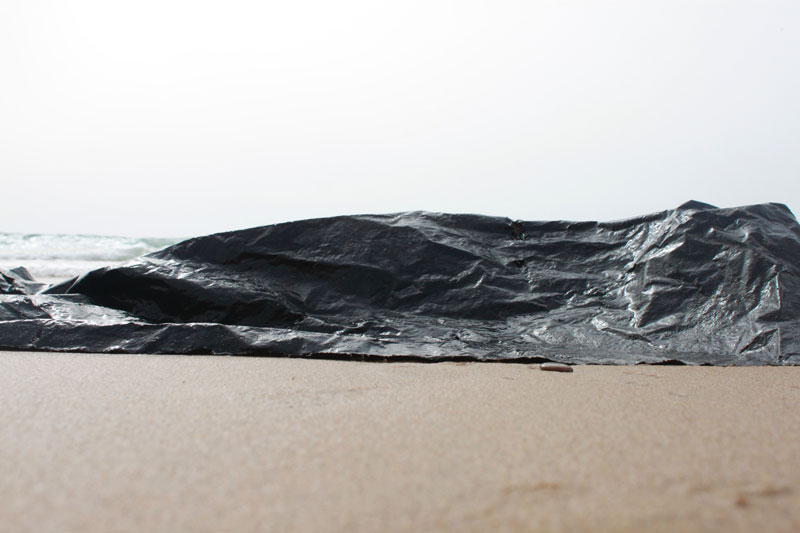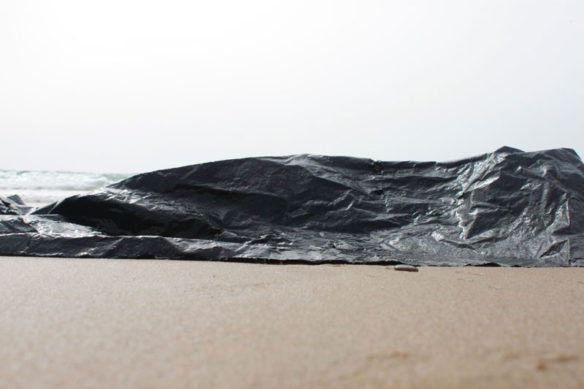Excerpts;
California and Hawaii have implemented bans on plastic bags but New York, another bastion of progressive policymaking, has been stymied amid fierce lobbying by the plastics industry and concerns over the impact on low-income residents…
Read Full Article, Guardian UK (02-29-2020)
Kenya brings in world’s toughest plastic bag ban: Using plastic bags is illegal — and punishable by jail time; NPR (08-28-2017)
No matter where you go in Kenya — from the vast expanses of the Great Rift Valley to the white-sand beaches off the Indian Ocean — one thing is a constant: plastic bags. But beginning today, almost all plastic bags are illegal in Kenya…
Think You Can’t Live Without Plastic Bags? Consider This: Rwanda Did It; Guardian UK (02-15-2015)
In 2008, while the rest of the world was barely starting to consider a tax on single-use plastic bags, the small East African nation decided to ban them completely…
Plastic Waste Causes $13 Billion In Annual Damage To Marine Ecosystems, UN
Concern is growing over widespread plastic waste that is threatening marine life – with conservative yearly estimates of $13 billion in financial damage to marine ecosystems, according to two reports issued at the inaugural meeting of the United Nations Environment Assembly.
Dead whale found with 40 kilograms of plastic bags in its stomach; CNN (03-18-2019)
Video captures moment plastic enters food chain, BBC News (03-11-2017)
A scientist has filmed the moment plastic microfibre is ingested by plankton, illustrating how the material is affecting life beneath the waves. The footage shows one way that plastic waste could be entering the marine and global food chain…
People may be breathing in microplastics, health expert warns; Guardian UK (05-10-2016)
People could be breathing in microparticles of plastic, according to a leading environmental health expert, with as yet unknown consequences on health…
Plastic pollution: When The Mermaids Cry: The Great Plastic Tide, Coastal Care – ©2009
” Plastic is versatile, lightweight, flexible, moisture resistant, strong, and relatively inexpensive. Those are the attractive qualities that lead us, around the world, to such a voracious appetite and over-consumption of plastic goods. However, durable and very slow to degrade, plastic materials that are used in the production of so many products all, ultimately, become waste with staying power. Our tremendous attraction to plastic, coupled with an undeniable behavioral propensity of increasingly over-consuming, discarding, littering and thus polluting, has become a combination of lethal nature…”










